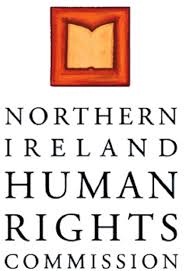By Prof Steven Greer, Professor of Human Rights (University of Bristol Law School)
Speculation about the consequences of Brexit for the UK has, not surprisingly, focused much more upon the economy, trade, migration, and self-governance than upon countering terrorism. While the most important contribution to the latter lies, in any case, with states themselves, the UK’s departure from the EU will, nevertheless, have counter terrorist implications. The two principal ones are likely to concern the effects upon the UK of its disconnection from the EU’s relevant policy frameworks, data bases and networks, and the galvanising effect a ‘hard’ border, ie one with physical impediments between Northern Ireland and the Republic of Ireland, may have upon dissident armed Irish republicanism with the risks this could pose for the peace process in Northern Ireland.
In order to assess these issues more fully, three core questions need to be addressed: what kind of counter terrorist relationship did the UK have with the EU before Brexit? How might this be affected by Brexit? And what kind of alternative arrangements, if any, might be provided afterwards? (more…)


